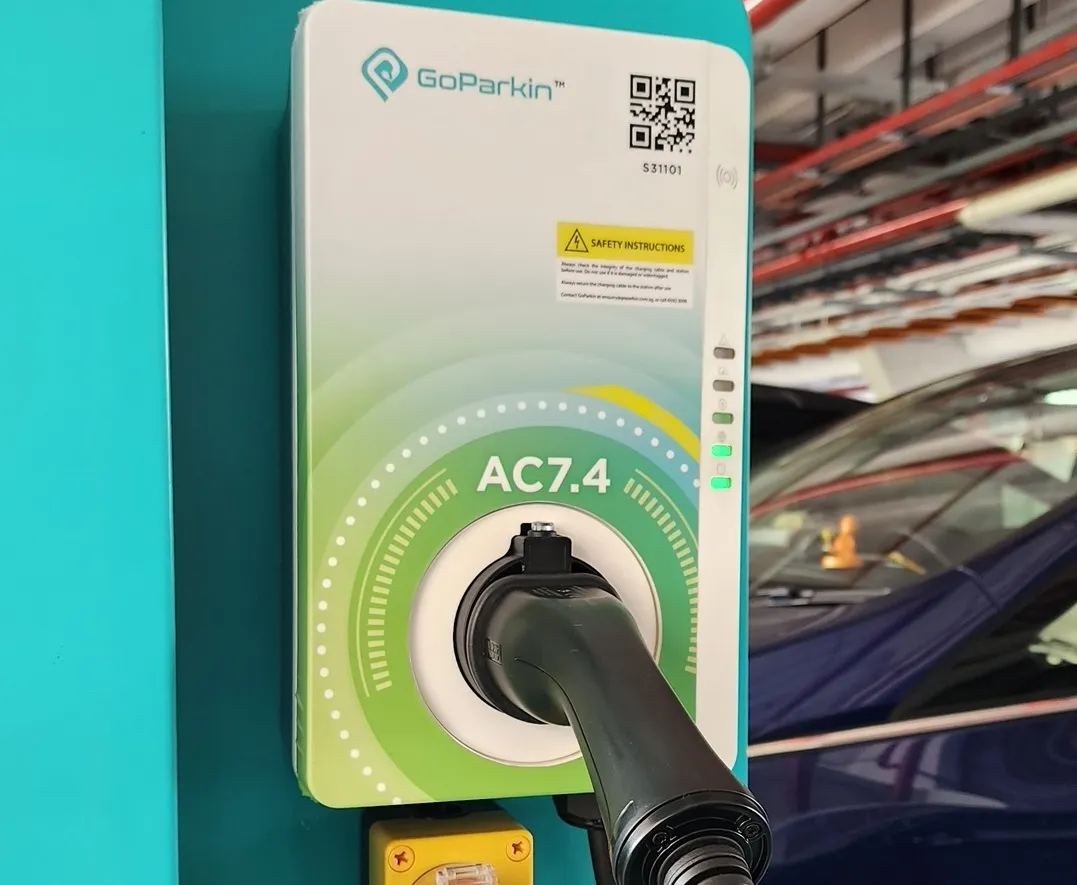Information and communications technology firm Huawei has supplied its latest Global System for Mobile Communications-Railway (GSM-R) solution to China's Da-Qin railway line with a successful 30,000-ton heavy-duty traction test, which the company claims increased China's railway hauling capacity by over 50 per cent.
May 6, 2014
Read time: 1 min
Information and communications technology firm 6787 Huawei has supplied its latest Global System for Mobile Communications-Railway (GSM-R) solution to China's Da-Qin railway line with a successful 30,000-ton heavy-duty traction test, which the company claims increased China's railway hauling capacity by over 50 per cent.
The first railway line in China to integrate a GSM-R communication system, Da-Qin railway line, stretches a total of 653 kilometres across north-eastern China and transports around 400 million tons of the nation's coal per year.
General manager of Huawei Enterprise Wireless Product Line, Xu Zhiyu, said "As the main artery of China's coal transportation network, the revamp of the wireless communication technologies along the Da-Qin Railway Line poses a challenge for railway operators to address the growing demand for heavy-haul railway transportation and efficient long-distance wireless communication in China. To address this, Huawei has been providing the global railway industry with customized, reliable communications solutions, where our GSM-R solution ensures railway systems with advanced, secure, and reliable communications infrastructure, to allow railway operators to save costs and achieve sustained profitability."
The first railway line in China to integrate a GSM-R communication system, Da-Qin railway line, stretches a total of 653 kilometres across north-eastern China and transports around 400 million tons of the nation's coal per year.
General manager of Huawei Enterprise Wireless Product Line, Xu Zhiyu, said "As the main artery of China's coal transportation network, the revamp of the wireless communication technologies along the Da-Qin Railway Line poses a challenge for railway operators to address the growing demand for heavy-haul railway transportation and efficient long-distance wireless communication in China. To address this, Huawei has been providing the global railway industry with customized, reliable communications solutions, where our GSM-R solution ensures railway systems with advanced, secure, and reliable communications infrastructure, to allow railway operators to save costs and achieve sustained profitability."










